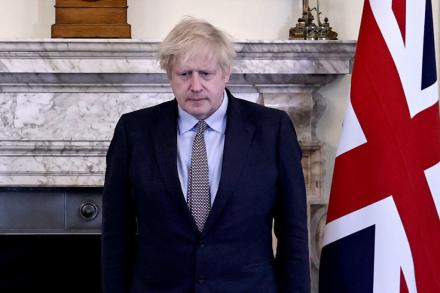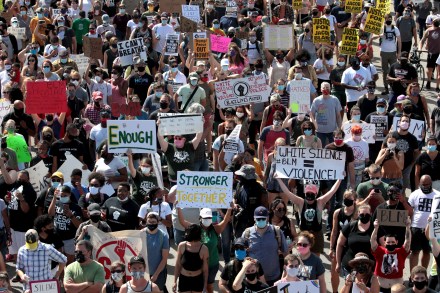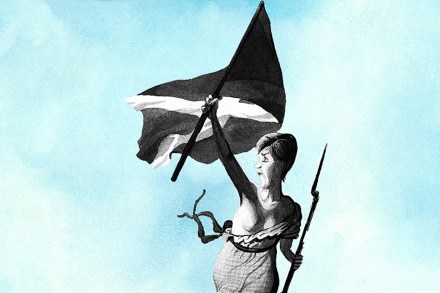Boris’s U-turn defence
Is Boris Johnson’s government jumping from one crisis to the next or is No. 10’s agenda progressing roughly as planned? It depends who you ask. After a difficult few weeks, there are plenty of Tory MPs who believe it’s the former. Many of whom don’t even feel the need to keep their grievances anonymous. Charles Walker MP recently used an interview to complain that it was becoming ‘increasingly difficult’ for Tory MPs to defend government policy: ‘too often it looks like this government licks its finger and sticks it in the air to see which way the wind is blowing’. His colleague Bernard Jenkin MP made a similar observation – saying a pattern appears to




















